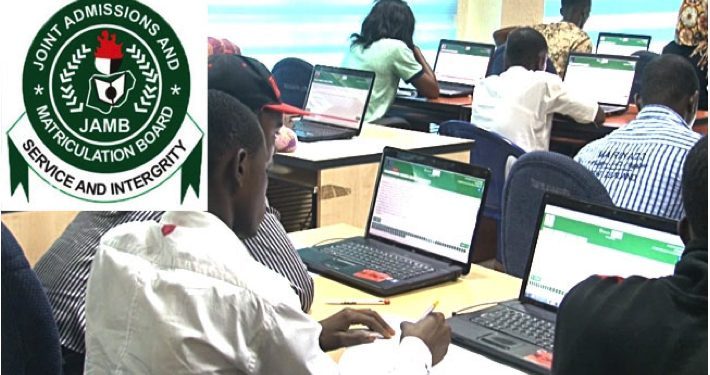Parents, students, and education stakeholders in Kogi, Nasarawa, and Niger have expressed divergent views on the conduct of the post-Unified Tertiary Matriculation Examination as a prerequisite for admission into Nigerian universities.
While some respondents described it as a necessary screening tool to ensure merit-based admissions, others faulted the exercise as archaic, stressful, and an additional burden on candidates and their parents.
In Kogi, Charles Williams, the rector of the Nigeria-Korea Friendship Institute of Vocational and Advanced Technology, stated in Lokoja that the post-UTME remains an effective tool to complement the Joint Admissions and Matriculation Board.
“The post-UTME came into existence when JAMB’s credibility was being doubted. Institutions sought to further screen candidates to ensure that only the most qualified were admitted,” he said.
Simeon Omakoji, a parent and former chairman of the Nigerian Medical Association in Kogi, said the examination was necessary, provided that fraud was eliminated from the process.
Some students, including Grace Ogundare of the Federal University, Lokoja, said the examination provided a fair assessment. However, Hamza Aliyu, the chairman of Kogi NGO Network, described the examination as unnecessary.
He advocated a decentralised system where institutions determine their own admission processes.
Some parents and students, including Joy Adaji, Biobaku Chris, Ammy Elijah, and Ogundare Samuel, faulted the examination, citing the cost, stress of travel, insecurity, and accommodation challenges. They also alleged that the system encouraged exploitation and corruption.
In Nasarawa, applicants such as Patience Emmanuel and Peter Samuel supported the screening, saying it allowed candidates to defend their JAMB and O’Level results.
Meanwhile, other stakeholders, including Michael Akawu and Saidu Musa, called for the abolition of post-UTME, describing it as exploitative.
Mr Musa wondered why institutions would admit about 2,000 students after subjecting over 10,000 candidates to Post-UTME payments. He appealed to the management of the tertiary institutions to organise the screening free of charge in order to relieve parents of the financial burden.
In Niger, Abdullahi Jabi, a communications expert, urged the federal government to adopt online Post-UTME to reduce costs and risks.
“To me, candidates should sit for the examinations in their localities rather than travel long distances. All they need to do is indicate their institution of choice,” he said.
Other respondents, including Yusuf Suleiman, a teacher, and parents, Halimat Musa and Nurudeen Ibrahim, also lamented the risks, high costs, and duplication of the admission process.
Mr Suleiman said, ”I remember some years ago when my son was to sit for Ahmadu Bello University’s post-UTME examinations; I had to abandon everything I was engaged in to accompany him to Zaria, all in the name of post-UTME.”
Ms Musa recalled the difficulty she experienced in 2023 during her daughter’s Post-UTME at the University of Ilorin, Kwara State.
Mr Ibrahim said, “I have no doubt that if the screenings are conducted online, regardless of where the candidates may be residing or the higher institutions of their choice, it will go a long way to address the challenges.”
He also decried the shortage of computer-based test centres, which are mostly privately owned, thereby compelling candidates to travel long distances for such services.
They urged the authorities to increase investment in computer-based test centres and direct universities to adopt online screening, as seen at the Federal University of Lafia and the Federal University, Oye-Ekiti.
They maintained that such measures would reduce hardship, make the process seamless, and ensure credibility.
(NAN)






